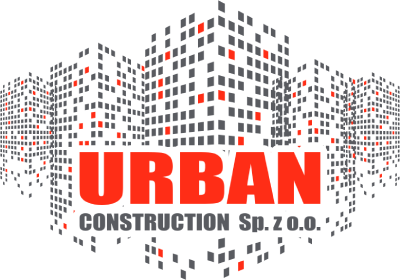Cocaine Relapse: Triggers, Prevention, & Treatment
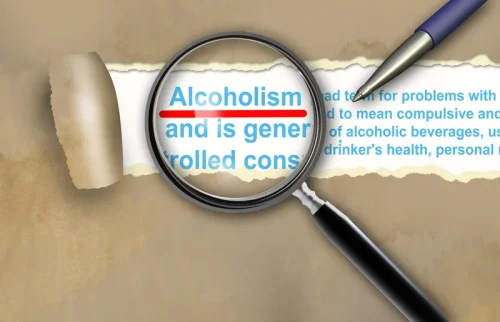
If you find yourself in high risk situations that could trigger a relapse, you should immediately reach out to someone that you can trust and who is supportive of your recovery. Talking through the trigger and enlisting someone else’s help can provide you with the motivation and assistance needed to overcome the trigger and stay sober. Self-talk is a powerful tool and a valuable coping mechanism if you encounter one of your triggers during your daily life. Instead of allowing the trigger to overcome you, talk to yourself logically. Explain to yourself that you recognize the trigger, you’re taking steps to remove yourself from the situation and you don’t allow the trigger to have any power over you.
Physical or Mental Illness
As a result, getting someone back into treatment as quickly as possible following relapse is crucial to their long-term health and recovery. Professional treatment can help manage both the psychological and physical factors of addiction to promote recovery. We publish material that is researched, types of relapse triggers cited, edited and reviewed by licensed medical professionals. The information we provide is not intended to be a substitute for professional medical advice, diagnosis or treatment. It should not be used in place of the advice of your physician or other qualified healthcare providers.
- A 2020 study suggests that not completing treatment between episodes may make a relapse of depression more likely.
- Do everything you can to protect yourself, but don’t beat yourself up if you do slip.
- Having a substitute behavior like going to a yoga class or taking a long bath also can be helpful when you’re feeling triggered.
- This is because the CBT program will teach you new strategies to ensure that you do not succumb to these symptoms and end up suffering a relapse as a result.
Eat a healthy diet
Relapse occurs when you begin using a substance again after a period of sobriety. It can be due to various emotional, environmental, or social triggers. Firstly, it is a good idea to avoid people and places that remind you of or expose you to substance use. It will inevitably create difficulties in your recovery process to be exposed to these situations. For instance, this might involve going therapy options like cognitive behavioral therapy – or CBT.
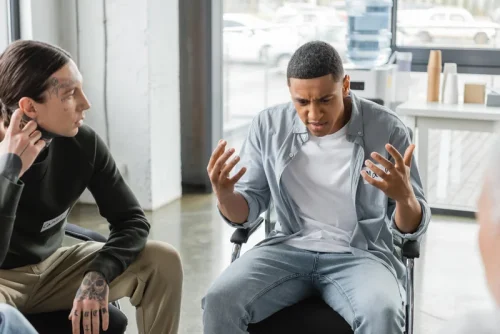
What Is an Addiction Trigger?
If you find yourself stuck thinking about drugs or alcohol, it’s time to get your support system involved. Talk to a counselor, supportive friend or your sponsor to help remind you why you’ve chosen recovery. To keep emotions from causing a relapse, people in recovery need to learn coping skills to avoid triggers that can be discovered through therapy. There are many categories of addiction relapse triggers, and they fall into multiple groups. They can be emotional, environmental or mental, and often a trigger falls into multiple categories. These are 10 of the most common triggers in addiction recovery, along with quick tips on how to avoid them.
Warning Signs of Relapse: Depression, Stress, and Other Triggers
So, with continued therapy and support you should be able to build stronger defenses against common triggers. A whiff of cigarette smoke, watching people sip cocktails in a bar or restaurant, or a couple locked in an erotic embrace are reminders that seem to be everywhere in the early stages of quitting. https://ecosoberhouse.com/ are social, psychological, and emotional situations and events that may lead an addicted person to seek out their substance of choice and ultimately relapse. These changes can cause stress, anxiety, and uncertainty, which can lead to cravings and make it harder for individuals to cope with their addiction. Getting appropriate treatment for these conditions will go a long way toward helping you process negative emotions and feelings of intense anxiety. Some studies have indicated that mindfulness-based relapse prevention skills can be an effective way to deal with emotional triggers.
Identify Triggers
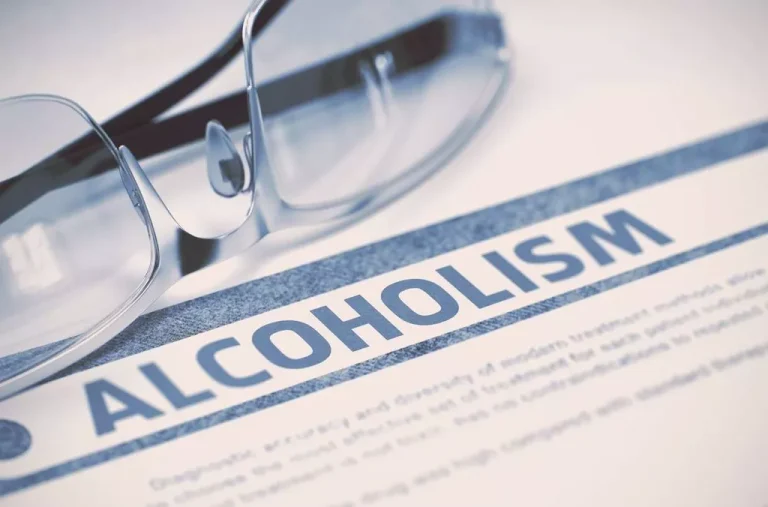
It’s also important to know when to ask for help again if you need it. After all, relapse doesn’t mean you have failed; it means you need more support and treatment. Setting up a system to reach out if they sense you may be heading toward a relapse might also be helpful. This way, you can ensure that someone will be there to remind you of the benefits of sobriety and provide support. No matter how strong your willpower is, you can’t fight relapse alone.
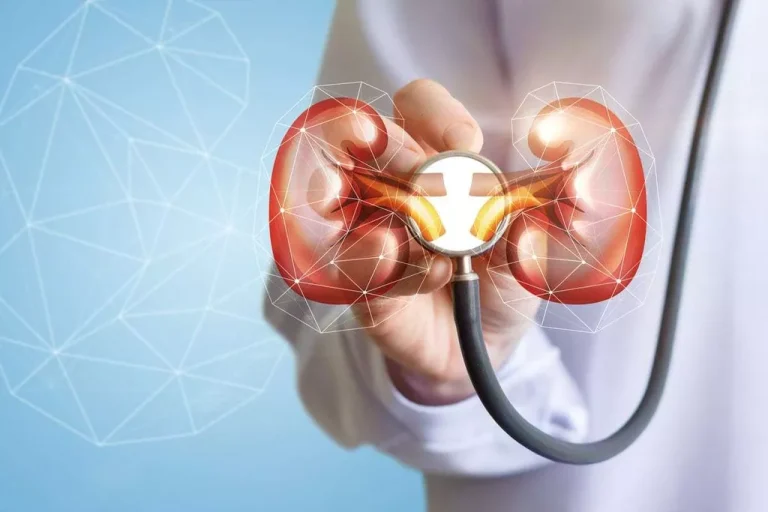
A setback can be any behavior that moves an individual closer to physical relapse. Some examples of setbacks are not setting healthy boundaries, not asking for help, not avoiding high-risk situations, and not practicing self-care. A setback does not have to end in relapse to be worthy of discussion in therapy. Addiction is a chronic disease, making relapse a possibility no matter how long a person has abstained from substance abuse. Once relapse occurs, it can be difficult for an individual to get back on the road to recovery. They will likely feel the strong desire to continue to use once they do even one time.
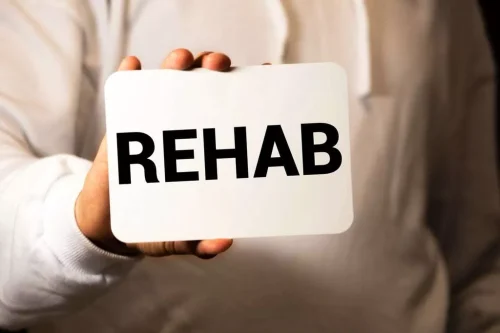
- Finding new ways to deal with chronic pain may be an essential way of managing this relapse trigger.
- If you are unaware of your personal triggers, recognizing depression relapse might be a challenge.
- Recovery involves creating a new life in which it is easier to not use.
- Clinical experience has shown that occasional thoughts of using need to be normalized in therapy.
- With the guidance of experienced professionals, these plans offer strategies for behavioral change.
- Cognitive resistance weakens and a source of escape takes on appeal.
